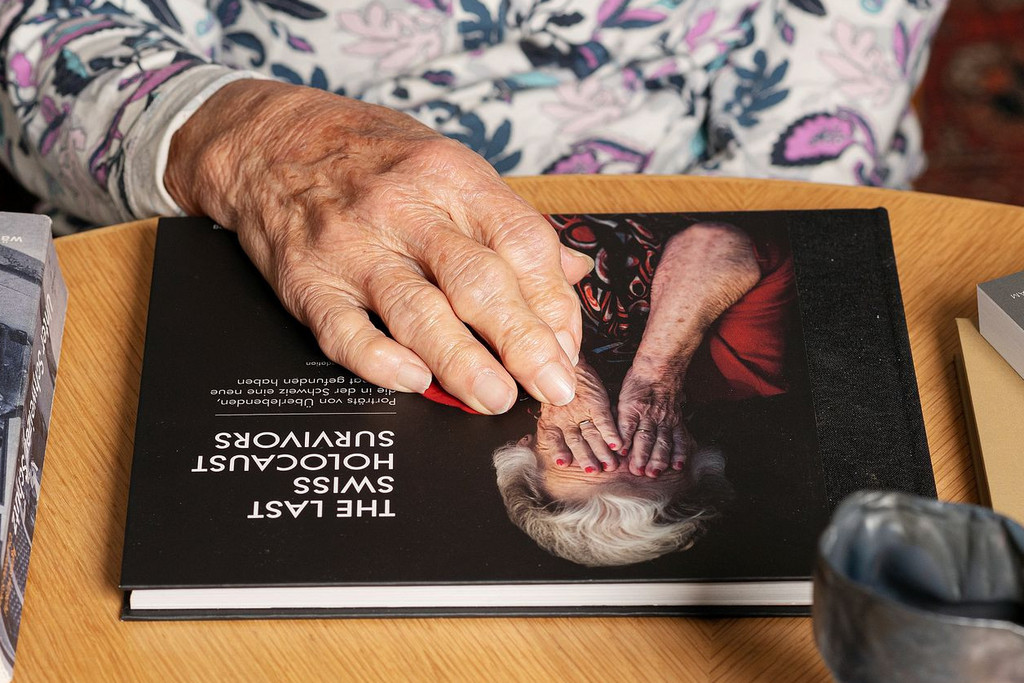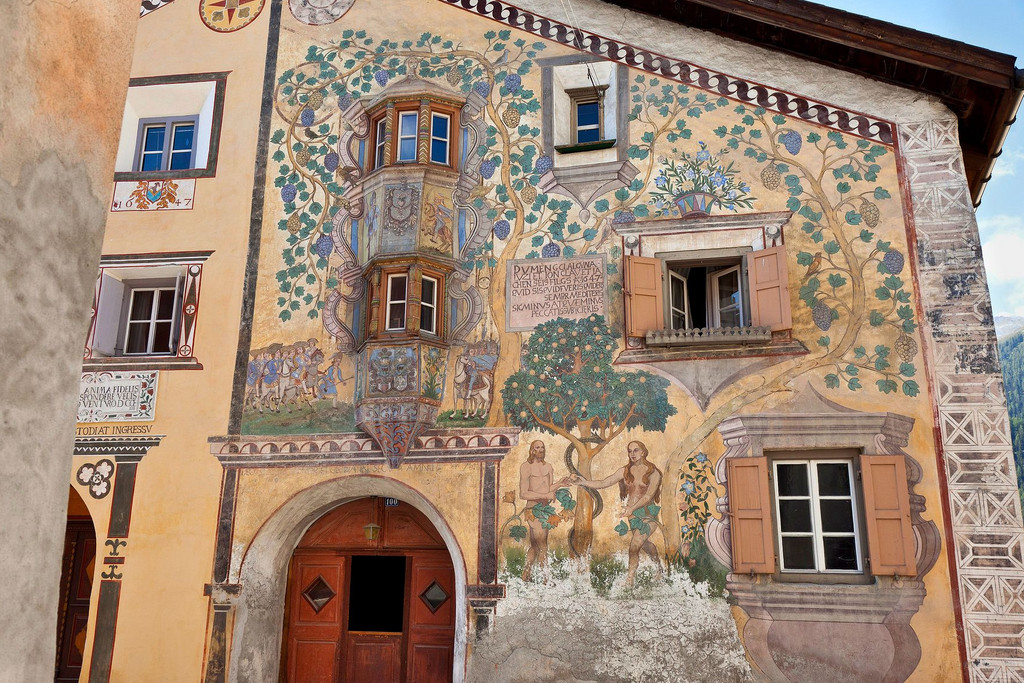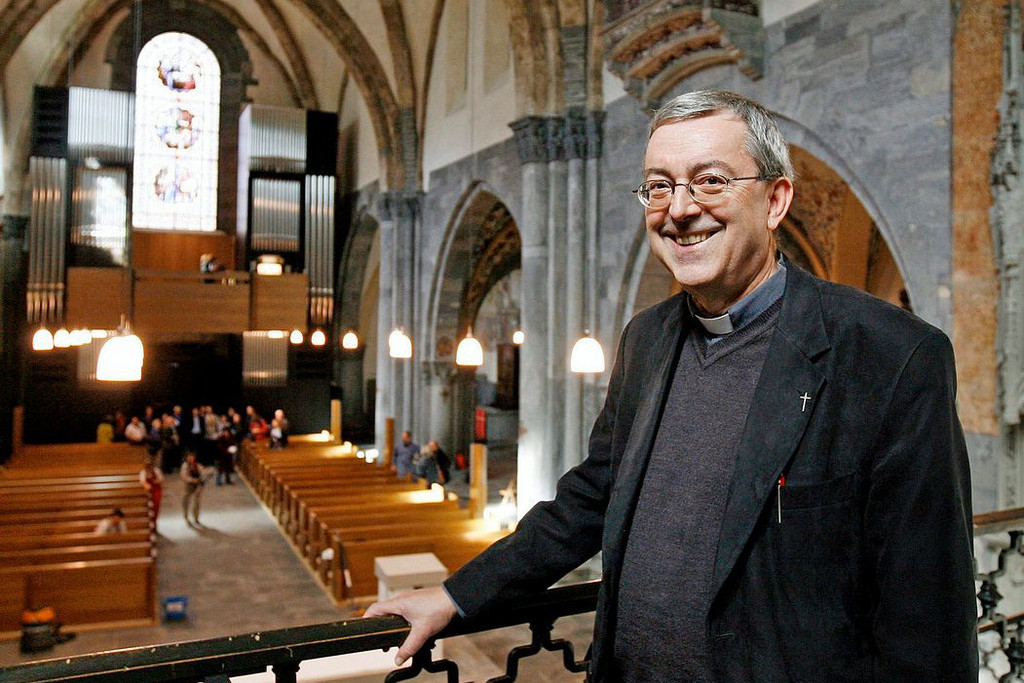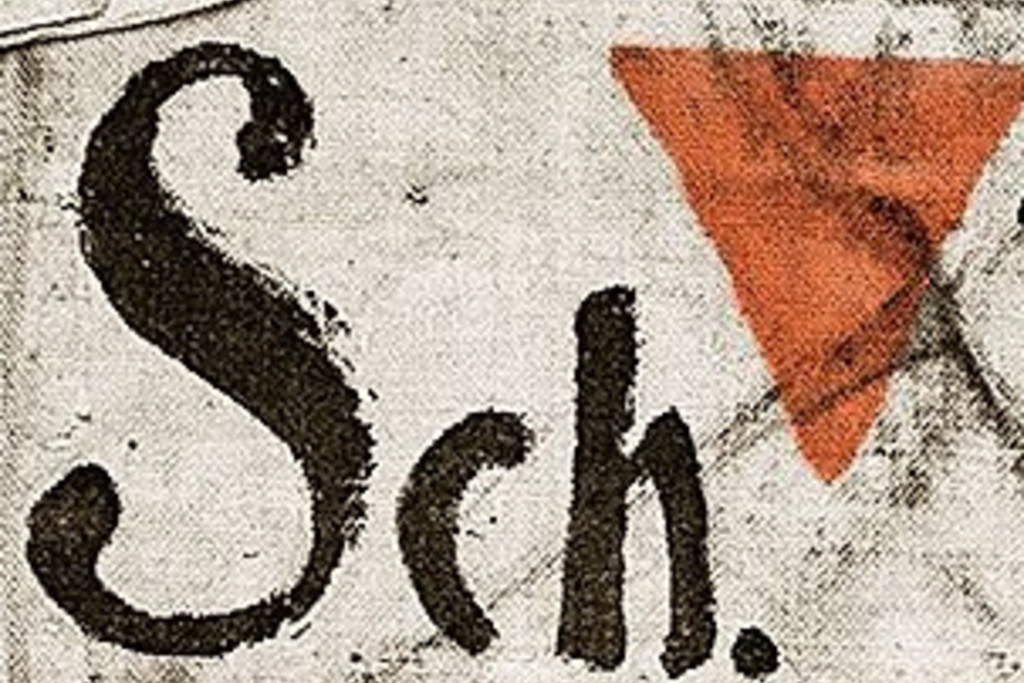Begging – mainly but not only by Roma people – has once again became a prominent issue this past autumn in French-speaking Switzerland. In October, the Swiss People’s Party (SVP) in canton Vaud secured majority support in the Cantonal Parliament for adopting a ban on begging throughout the canton through a parliamentary initiative. This vote sought to bring canton Vaud into line with Geneva, which banned begging within its territory in 2008. However, the left-wing parties in Vaud have launched a referendum against the ban.
At the bottom end of Lake Geneva, the law has failed to achieve its implicit objective of removing beggars, most of whom are from Romania. The cantonal police force, assisted by their colleagues at communal level, process thousands of fines each year. These fines of 100 Swiss francs, plus 100 francs in fees, are sent to Romania by registered mail. They usually remain unpaid or are contested before being turned into days in prison. But before that the total penalty amount is reduced by a judge who generally takes the offenders’ financial hardship into account. The number of begging offences is not falling, with 4,500 cases in 2013, 5,600 in 2010 and 5,700 in 2015, according to the cantonal police. In 2015, the total figure for fines and fees came close to 670,000 francs. “Most of these fines concern the Roma community,” confirms spokesperson Silvain Guillaume-Gentil.
Suspicion of mafia networks
Aside from the fact that begging bothers some people, right-wing parties believe banning it is justified because Roma beggars are the victims of mafia networks. “If our canton is to combat organised begging effectively, it has to introduce dissuasive legislation throughout its territory,” stated a minority report of the Vaud Cantonal Parliament on the Cantonal Council’s position on the SVP’s popular initiative seeking to “prohibit begging and the exploitation of people for the purposes of begging in the territory of canton Vaud”. According to the minority report, “the orchestrators who bring in people from eastern Europe” are the real recipients of the money given by Swiss people.
Several investigations into this issue that have been carried out by the press – but also by researchers, notably Jean-Pierre Tabin, a professor at the Haute Ecole de travail social (University of Social Work) in canton Vaud – have been unable to confirm the existence of such networks. In 2015, a ruling against Romanian nationals for human trafficking – bringing Roma people to Switzerland by bus – was overturned in Geneva by the Cantonal Supreme Court. “Whether or not the owners of the bus recruited their passengers for the purpose of begging or exploited the labour of people travelling with them has not been determined,” ruled the court. The canton of Geneva had to pay the two Romanian transporters over 60,000 Swiss francs in compensation for the moral wrongs of their unjustified detention.
However, in May a Roma woman and her son received a suspended three-year prison sentence for human trafficking. They had exploited a young man of unsound mind who had been sold by his own father. “My client’s father lives in dreadful conditions,” revealed the legal guardian of the disabled Roma youngster forced to beg on the streets of Geneva. In Tarnaveni in central Romania, the Geneva investigators discovered shacks built on the outskirts of an abandoned industrial estate, according to the “Tribune de Genève” newspaper. The man was living with his sick, bedridden mother in his father’s house. Other children were in a smoke-filled room heated by a drum filled with burning coals. The father of the family lives on 200 euros a month. “It’s migration from poverty by people ostracised in their own countries. Begging is not a cultural phenomenon but rather a socio-economic one,” remarks Jean-Pierre Tabin, who has published a book on this issue.
CHF 23 million in Swiss aid for Romanian Roma
On an RTS programme broadcast in September, Marc-Olivier Buffat, leader of the Vaud Liberals (FDP) group in the Cantonal Parliament, argued that Switzerland has already contributed “almost 400 million francs” to help Roma people as part of European enlargement support measures in Romania and Hungary. “Switzerland has invested 185 million francs in Romania over a five-year period in order to help Roma people, but completely in vain,” Buffat said. Tilman Renz, spokesperson at the Federal Department of Foreign Affairs, denies this. “The financial support that Switzerland has provided in this country to improve the situation of the Roma from 1992 to the present day amounts to around 23 million francs,” he says.
“It’s easy to accuse the Roma of immorality. They don’t have a lobby to defend them,” stresses Tabin. Are the Roma themselves victims of racist attacks? The Vaud researcher points to municipalities such as Tolochenaz and Goumoens-le-Jux, where the act of begging will ironically be banned by the new legislation, even though there are hardly any beggars outside the centre of Lausanne. “A survey conducted in France shows that the Roma are the population group with the most negative stereotypes,” he says. According to Tabin, whose work has just been republished – as “an indication that people are taking an interest in this issue” – canton Vaud does not differ greatly from other European cities. “All forms of restricting begging – whether in Belgium, Austria or Germany – come down to criminalising poverty. Destitution is becoming an act punishable by law that can result in prison or expulsion, turning beggars into foreign criminals.”
Swiss people are also forced into begging
“They want to get rid of Roma beggars as if it were like clearing our streets of rubbish,” tweeted Romain Pilloud, a member of the Vaud Young Socialists, in October. The young man believes the left in Vaud has shown courage by launching the referendum against the law on begging before the cantonal legislative elections in the spring. “We do not support begging, which is visual evidence of poverty, but hiding such misery is not a solution,” he remarks, highlighting the difficulty of combatting simplistic arguments aimed directly at the Roma. Papilloud, who is standing for election, points out that it is not just gypsies who beg. “Those who support the ban on begging say that Swiss people are not affected by this law because they have access to welfare benefits. But some people slip through the safety net.”
Stéphane Herzog is a journalist with the ”swiss review“
The act of begging is punished from Zurich to Basel
Begging is banned by a cantonal law in Zurich. “The communal police do not carry out targeted checks but offenders are systematically prosecuted,” reveals spokesperson Marco Bisa. In such cases, beggars have their money confiscated and are served removal orders. The cost of this offence can reach as much as CHF 500. In Basel, the police also carry out confiscations and report cases of foreign beggars to population control. “Organised groups are aware of this policy and the objective of removal has been achieved,” says Martin Schütz, communications officer at the Department of Justice and Police. By the end of October 2016, 330 fines had been issued to beggars in Basel, a small number compared with the figure in Geneva. In smaller towns such as Neuchâtel, the police “spot offenders immediately”, points out Daniel Favre, a spokesperson for the police. In this canton, the law provides scope for punishing people who exploit public credulity, for example by pretending to be deaf. Of 80 fines issued in 2016, 20 resulted in CHF 300 fines for this reason. In Berne the situation is slightly different. The general ban on begging in the canton was annulled in 1991. The city has since attempted to introduce bans on beggars, but without success. The only place where begging remains prohibited is the railway station and the surrounding area. However, these regulations are down to the Swiss Federal Railways.
Image A beggar asking passers-by for money in Lausanne. Photo: Keystone











Comments